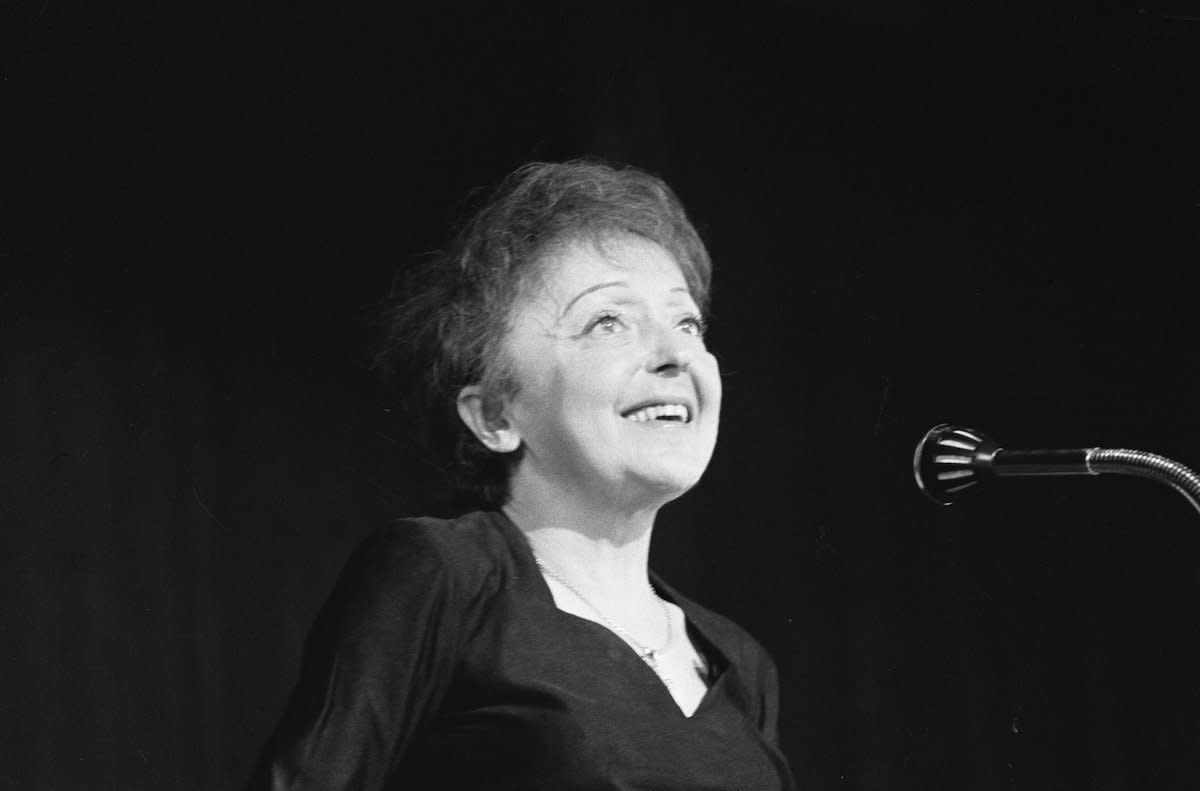What Is Chanson Music? A History of French Chanson Music
Written by MasterClass
Last updated: Sep 10, 2021 • 3 min read
Over many eras and centuries, French chanson has been at the vanguard of vocal music.
Learn From the Best
What Is Chanson Music?
The word chanson means "song" in the French language. Chanson music refers to various eras of French song, from the monophonic chant of the Middle Ages to the polyphonic singing of the Renaissance. Modern chanson music connects nineteenth-century cabaret music in Paris to contemporary pop music. Each iteration of chanson offers distinctive characteristics.
A Brief History of Chanson Music
From the chansons medieval France to the present-day, lyric-driven chanson music, the form has taken on many variations:
- Medieval chanson: In medieval France, chanson music had two principal forms. In the twelfth and thirteenth centuries, the chanson de geste celebrated legendary heroes and noble deeds. The other form was the grand chant, also known as chanson courtoise, focusing on love and romance. The chanson music of the Middle Ages was largely monophonic, but French singing began to incorporate polyphony at the onset of the Renaissance.
- Early Renaissance chanson: Early Renaissance music was heavily shaped by the motet, a broad style of vocal music considered revolutionary on account of its multi-voice polyphony and relatively free compositional structure. Renaissance composers often arranged three poetic forms, known as formes fixes, as French chanson songs. The formes fixes included the rondeau, ballade, and virelai. In the Burgundy region of eastern France, composers Gilles Binchois and Guillaume Du Fay created a form of three-voice polyphonic chanson, now known as a Burgundian chanson.
- High Renaissance chanson: By the late fifteenth century and early sixteenth century, various French composers moved away from formes fixes in favor of a more open-ended compositional style. Chief among these composers was Josquin des Prez, a master of polyphonic counterpoint who wrote motets, chansons, and inspired forms like the madrigal. In Paris, composers such as Clément Janequin, Pierre Certon, Philippe Verdelot, and Claudin de Sermisy developed the Parisian chanson, which was often monophonic and less sophisticated than the works of Josquin. Some composers of the era compiled chansons into anthologies known as chansonniers.
- Baroque chanson: During the Baroque period of the seventeenth century, the chanson pour boire featured harpsichord, harp, or lute accompaniment for chanson singers. Notable composers of this era include Michel-Richard de Lalande, Denis Gaultier, Antoine Boesset, and Michel Lambert.
- Chanson réaliste: Beginning in the late 1880s, a style known as chanson réaliste began appearing in the cabarets and cafes of Paris, particularly the Montmartre district, where the club Le Chat Noir became a hub of bohemian culture. Chanson réaliste was popular through World War II and was most commonly performed in the French language by female singers known as chanteuses. Notable chanteuses include Édith Piaf, Yvonne George, Damia, Eugénie Buffet, Marie Dubas, Lys Gauty, and Fréhel.
- Nouvelle chanson: In present-day France, the nouvelle chanson movement combines nineteenth-century chanson techniques with pop music tropes. Stars of contemporary French chanson include Serge Gainsbourg, Coralie Clément, Brigitte Fontaine, Françoiz Breut, Olivia Ruiz, Benjamin Biolay, and Émilie Simon. These chanson artists incorporate sounds from rock music, electronica, trip hop, samba, and bossa nova into their music.
4 Notable Chanson Music Artists
Each era of chanson music has produced singers and composers fondly remembered by history:
- 1. Josquin des Prez: Josquin, a master of musical counterpoint during the French Renaissance, composed more than seventy chansons in his lifetime. He also composed songs in a Milanese form called the motet-chanson, combining secular lyrics with sacred Latin lyrics.
- 2. Jacques Brel: Brel was a twentieth-century Belgian actor, director, and singer known for merging French chanson with other types of popular music. Nina Simone, Shirley Bassey, and Frank Sinatra are among the artists who covered Brel’s songs.
- 3. Édith Piaf: Édith Piaf was born in 1915, and by the time of her death in 1963, she was a national chanteuse. Her hit songs of the 1940s include "L'Accordéoniste" (1940), "La Vie en rose" (1946), and "Hymne à l'amour" (1949), making her an icon of the Chanson réaliste genre.
- 4. Françoise Hardy: Hardy is a twentieth-century French singer who combines the chanson technique of earlier eras with the pop rock sounds of the 1960s. In 2021, she published Chansons sur toi et nous, an anthology of her music and lyrics that mirror the chansonniers of the Renaissance.
Want to Learn More About Music?
Become a better musician with the MasterClass Annual Membership. Gain access to exclusive video lessons taught by the world’s best, including St. Vincent, Christina Aguilera, Sheila E., Timbaland, Itzhak Perlman, Tom Morello, and more.
